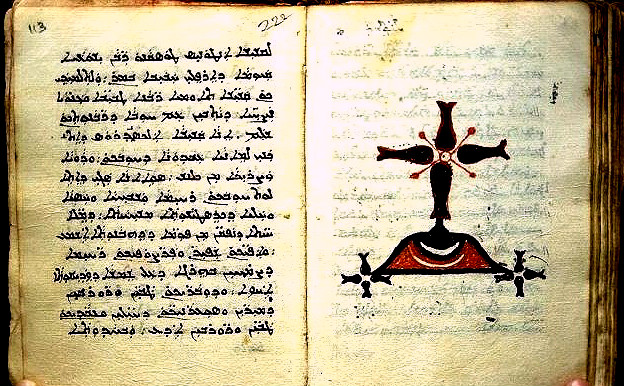|
Abraham Malpan
Palakunnathu Abraham Malpan (പാലകുന്നത്ത് അബ്രഹാം മൽപ്പാൻ), (30 May 1796 – 9 September 1845) was an Indian cleric and theologian known for the Reformation movement within the Malankara Church during the 19th century. He was born in the ancient Syrian Christian Palakunnathu family which practiced West Syriac Rite Oriental Orthodoxy after the Coonan Cross Oath of 1653. Abraham Malpan translated and revised the West Syriac liturgy, restoring the Church to what he considered to be its position before the Synod of Diamper in 1599. He therefore strove for the abolition of auricular confession, prayers for the dead, intercession of saints, and veneration of sacraments. Further he emphasized the reading and study of the Bible, family-worship and evangelistic work. He insisted on a high moral standard of conduct for laity and clergy. All this created a ferment in the Church and its effects are still discernible in the Malankara ... [...More Info...] [...Related Items...] OR: [Wikipedia] [Google] [Baidu] |
Malankara Mar Thoma Syrian Church
The Malankara Mar Thoma Syrian Church, often shortened to Mar Thoma Church, and known also as the Reformed Syrian ChurchS. N. Sadasivan. A Social History of India'. APH Publishing; 2000. . p. 442. and the Mar Thoma Syrian Church of Malabar, is an autonomous Reformed Oriental church based in Kerala, India. While continuing many of the Syriac high church practices, the church is reformed in its theology and doctrines. It employs a reformed variant of the West Syriac Rite Divine Liturgy of Saint James, translated to Malayalam. The Mar Thoma Church sees itself as continuation of the Saint Thomas Christians, a community traditionally believed to have been founded in the first century by Thomas the Apostle, who is known as Mar Thoma (''Saint Thomas'') in Syriac,Mathew, K. S. (1993). ''The Faith and Practice of the Mar Thoma Church''. and describes itself as "Apostolic in origin, Universal in nature, Biblical in faith, Evangelical in principle, Ecumenical in outlook, Oriental ... [...More Info...] [...Related Items...] OR: [Wikipedia] [Google] [Baidu] |
